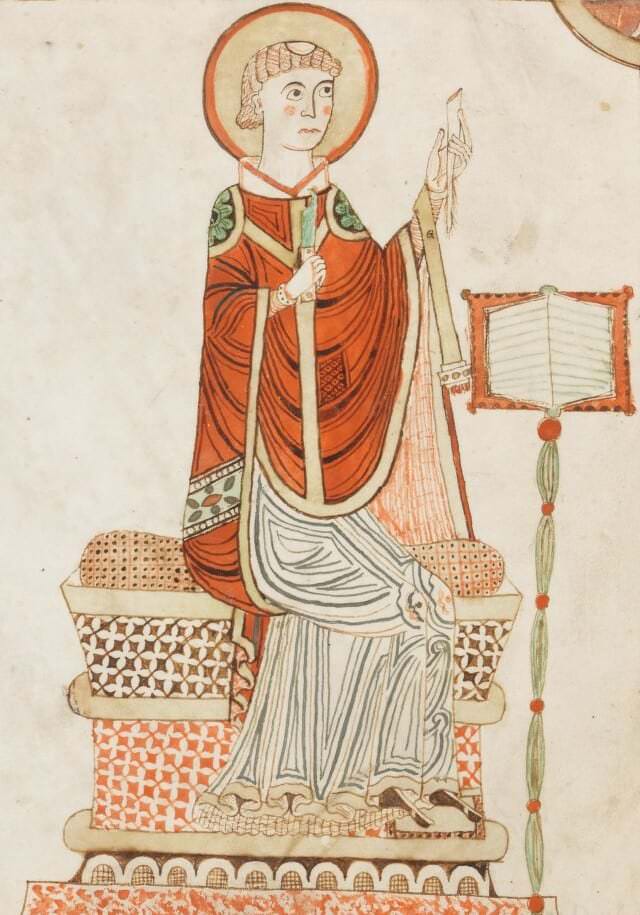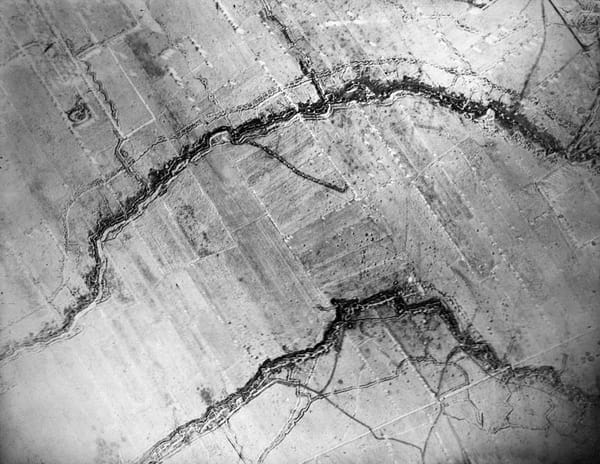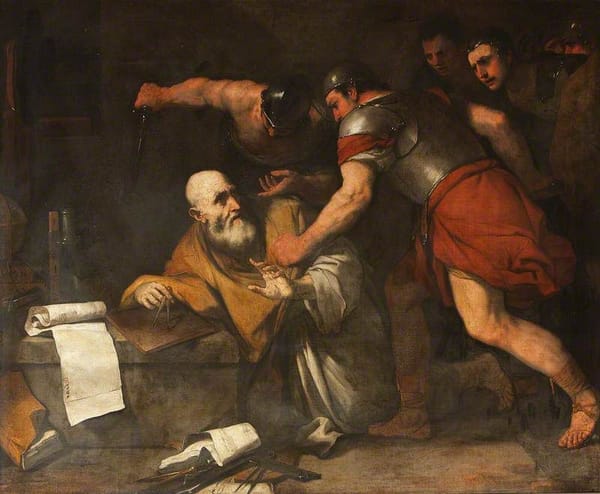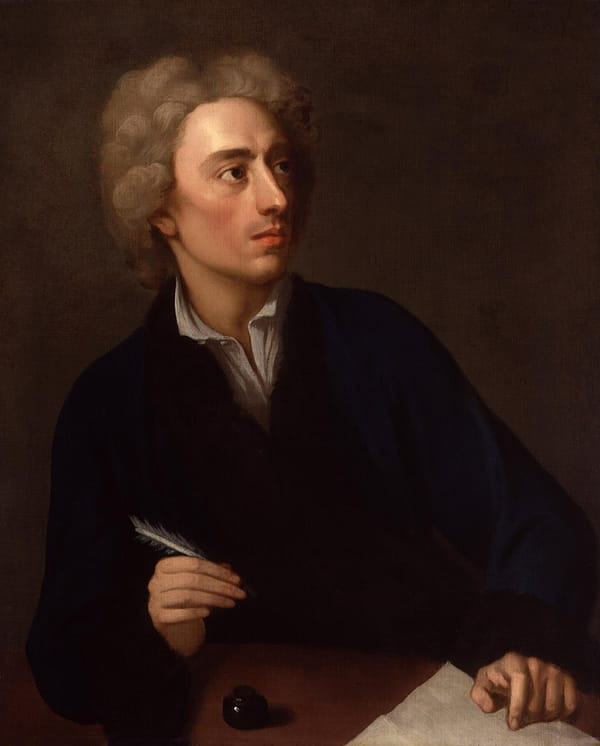The Venerable Bede

The Venerable Bede was a monk in the Early Middle Ages. He is best known as the writer of the Ecclesiastical History of the English People, which is known as one of the earliest histories of the English.
Bede was born in about 673 AD, in modern-day Jarrow. At the age of seven, Bede was sent to the monastery of Monkwearmouth, where he served until he was transferred to the monastery at Jarrow. This is also where he got training to read and write.
Bede survived the plague that came upon England in 686, and helped train people to do the service of the liturgy, as many of the monks had died. When Bede was 17 years old, he was ordained as a deacon. In 702, Bede was made a priest.
The Venerable Bede began writing in 701, when he completed De Arte Metrica and De Schematibus et Tropis. Throughout his life, he wrote over 60 books. His best-known book, the Ecclesiastical History of the English People, completed in about 731, was a history of the Church in England and a general history of the English. He was helped by Albinus, the abbot of St. Augustine's Abbey in the composition of this book.
Bede's last book was a translation of the Gospel of John, which he dictated to an apprentice. Bede died on the 26th of May, 735. He was declared "Venerable" in 836 and was sainted in 1899. He is the only English "Doctor of the Church".




